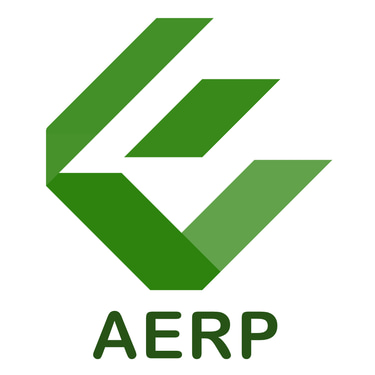
Product Engineer - Medical Device
A Medical Device Product Engineer is a professional responsible for the design, development, testing, and manufacturing of medical devices that are used in healthcare settings for diagnostic, treatment, or monitoring purposes. These engineers ensure that medical devices meet strict regulatory requirements, are safe for patients and healthcare providers, and perform reliably and accurately.
Product Design and Development: Collaborating with cross-functional teams to design and develop new medical devices or improve existing ones. Ensuring that devices meet user needs, safety standards, and regulatory requirements. Managing timelines, budgets, and resources to ensure that medical device projects are completed on schedule and within budget.
Regulatory Compliance: Ensuring that medical devices adhere to strict regulatory guidelines and standards, such as FDA regulations in the United States, CE marking in the European Union, and other international medical device regulations.
Risk Management: Conducting risk assessments and implementing risk management strategies to identify and mitigate potential hazards associated with the device's use.
Testing and Validation: Planning and executing testing and validation protocols to ensure that devices perform accurately, reliably, and consistently under various conditions.
Materials Selection: Selecting biocompatible materials that are safe for use in medical devices and do not pose risks to patients or healthcare providers.
Clinical Trials Support: Collaborating with clinical research teams to provide technical support during clinical trials of medical devices. Creating prototypes and conducting testing to verify the design and functionality of medical devices before full-scale production.
Quality Control: Establishing quality control processes to ensure that manufactured devices meet quality standards and specifications. Ensuring that medical devices are designed with user-friendly interfaces and are easy for healthcare professionals to operate.
Manufacturing Support: Collaborating with manufacturing teams to ensure that devices are manufactured consistently and meet design specifications. Creating and maintaining detailed technical documentation, including design specifications, testing reports, and manufacturing procedures.
Post-Market Surveillance: Monitoring the performance of medical devices in the market, addressing any reported issues, and implementing necessary improvements.
keys Roles and Responsibility






Software Skills
3DCS - GD&T , Tolerance stack ups and Dimensional Variation Analysis
Autodesk Inventor - Expert in Mechanical Design
Creo - Expert in Mechanical Design
NX - Expert in Mechanical Design
Solidworks - Expert in Mechanical Design
Solidworks - Expert in Simulation
ANSYS Mechanical - Getting Started
MathCAD - Engineering Analysis Approach
Matlab - Engineering Analysis Approach
Technical Skills
Basic of Good Manufacturing Practice (GMP)
Essentials of Biopharmaceutical Production
Medical Standards IEC 60601-1
Understanding of Good Clinical Practice (GCP)
Understanding of Good Laboratory Practices (GLP)
Understanding of Quality System Regulations (QSR)
ASME - Y14.5 Geometric Dimensioning and Tolerancing (GD&T)
Design For Manufacturability and Assembly (DFM/DFA)
Design for the Six Sigma
Fundamental of New Product Development
Fundamental of New Product Introduction
Fundamentals of Failure Modes and Effects Analysis
Fundamentals of 8D Problem Solving
Fundamentals of Weibull Analysis and Design of Experiment
Fundamentals of Root Cause Analysis
Introduction to Advanced Product Quality Planning (APQP)
Introduction to Continuous Improvement Management
Certification
Lean Six Sigma Green Belt - ASQ
Lean Six Sigma Green Belt - IASSC
How to become PMI Project Management Professional?
